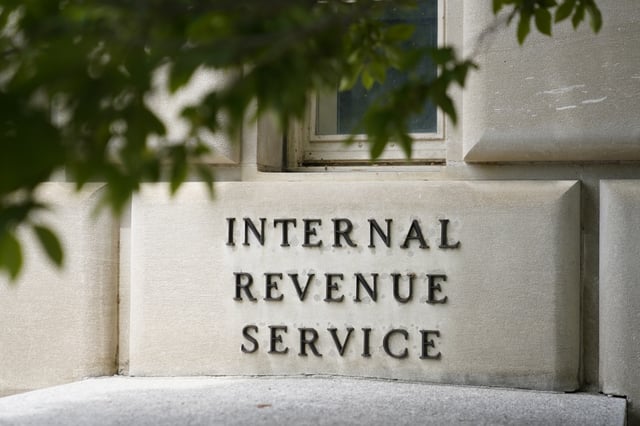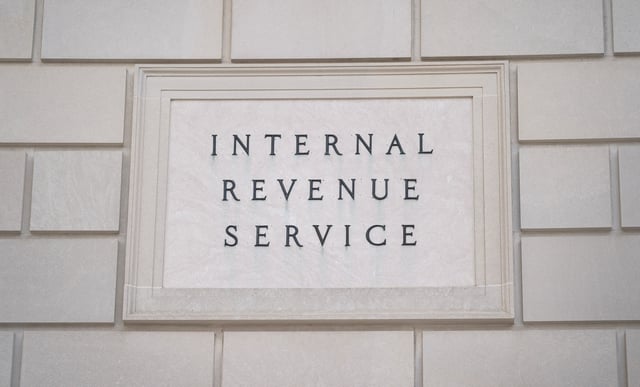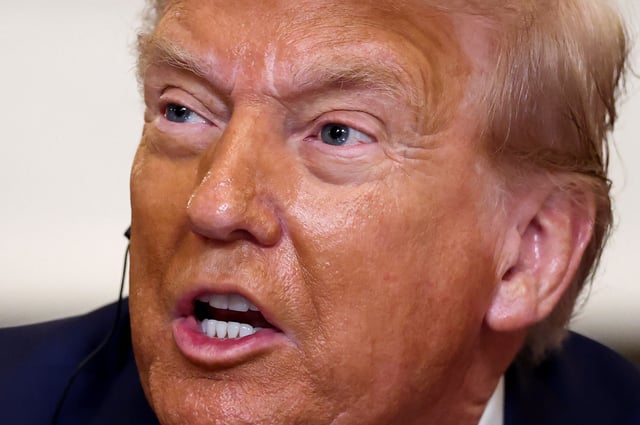Overview
- In a July 7 joint court filing, the IRS, two Texas churches and the National Religious Broadcasters Association asked a judge to block enforcement of the Johnson Amendment against the suit’s participants
- The filing argues that pulpit endorsements are akin to private family discussions and do not constitute prohibited campaign intervention under the 1954 rule
- If the judge approves the consent judgment, the IRS under any administration would be barred from penalizing these churches for candidate endorsements
- Some faith leaders and legal scholars have praised the move as a needed protection for religious speech and free exercise
- Nonprofit law experts and groups like the National Council of Nonprofits warn the carve-out could erode campaign finance controls and blur church-state boundaries


